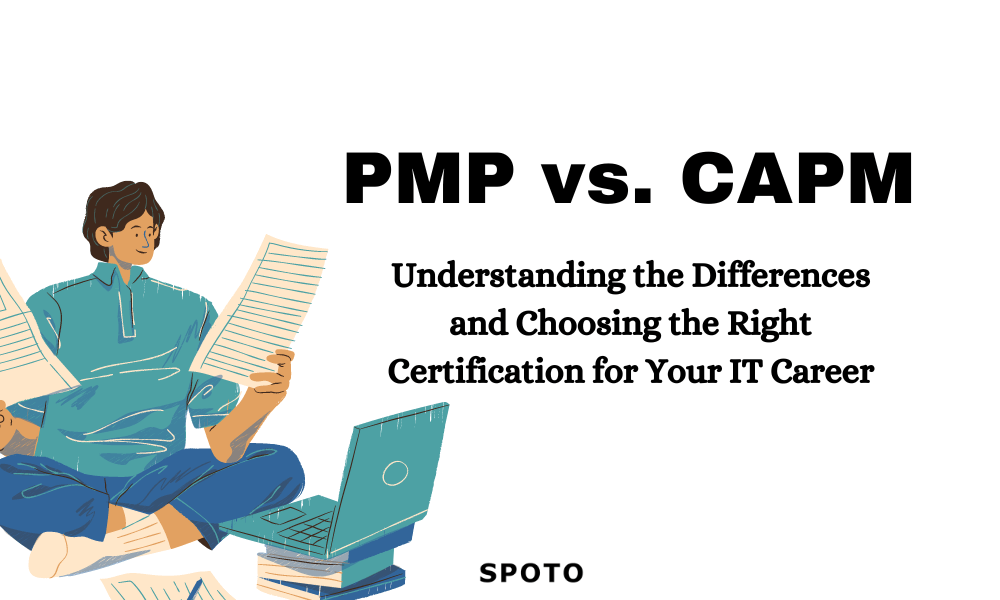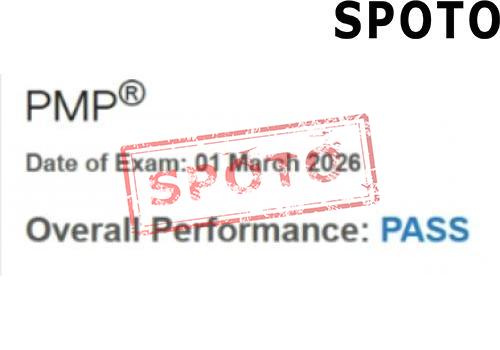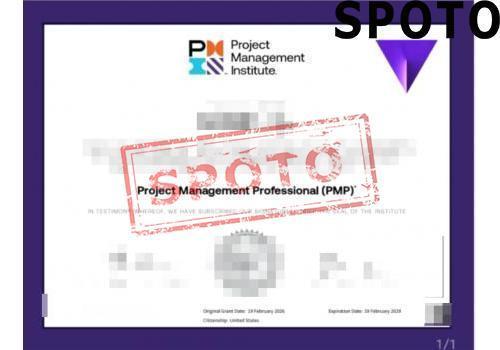
Table of Contents
1. Introduction to PMP and CAPM Certifications
Project Management Professional (PMP) and Certified Associate in Project Management (CAPM) are two sought-after certificates globally recognized in the IT industry. Administered by the Project Management Institute (PMI), these certifications provide validation of an individual's proficiency in project management principles and practices. Both programs come with their unique merits and applications, and choosing one for career advancement can be a perplexing task.
2. Key Differences Between PMP and CAPM
a. Eligibility Requirements
PMP requires candidates to have significant professional experience – 4,500 hours leading and managing projects if you hold a four-year degree or 7,500 hours without. On the other hand, CAPM is less stringent, requiring only a high school diploma and 23 hours of project management education.
b. Exam Structure and Format
While both exams gauge a candidate's project management knowledge, their structure differs. The PMP exam covers a broader scope with 200 multiple-choice questions in a four-hour testing window. Comparatively, the CAPM exam is composed of 150 questions with three hours allotted.
Free Testing, Explore PMP Exam Content!
Free Testing, Explore CAPM Exam Content!
c. Scope of the Certification
PMP is designed to certify experienced professionals to manage complex projects. For entry-level professionals looking to get a fundamental understanding of project management framework and terminologies, CAPM is an ideal certification.
d. Career Opportunities and Advancement
PMP-certified professionals are often sought after for senior positions and complex projects, whereas CAPM is valued for entry or mid-level project management roles.
3. Benefits of PMP Certification
a. Higher Salary Potential
According to PMI, PMP holders tend to earn up to 20% more than their non-certified counterparts. This significant rise in income can be highly motivating for IT professionals seeking financial growth.
b. Greater Career Opportunities
PMP holders attract greater career opportunities due to the recognition of their extensive experience and knowledge. Larger organizations and complex projects often require the expertise of PMP-certified professionals.
c. Recognition and Prestige
Being a PMP holder places an individual alongside a global community of professionals recognized for their project management proficiency. This credential is a badge of honor for project managers.
4. Benefits of CAPM Certification
a. Entry-level Certification
CAPM paves the way for those new to project management, providing them with a stepping stone to master the basics without the hefty experience requirements.
b. Knowledge and Skill Development
CAPM gives individuals a solid grounding in core project management knowledge and skills, serving as a foundation for a PMP certification.
c. Pathway to PMP Certification
As a precursor to PMP, CAPM not only prepares candidates for the PMP exam but also makes them a more attractive candidate for employers as they progress in their careers.
5. Choosing the Right Certification for Your IT Career
a. Assessing Your Professional Goals and Experience
Understanding your career goals is crucial in deciding which certification to pursue. If you aim for advanced roles managing complex projects, opt for PMP. For newcomers, developing a foundational understanding through CAPM could be more beneficial.
b. Understanding the Time and Financial Commitment
Certifications are an investment of both time and money. PMP requires more significant commitments due to its requirement of continued education and renewal every three years, while CAPM requires retesting every five years.
c. Consulting with Industry Professionals
Reaching out to mentors and peers who are already certified could provide invaluable insights and help navigate the path to certification.
6. Conclusion: Making an Informed Decision for Your Career Growth
Choosing between PMP and CAPM rests on your career aspirations, experience, and the level of commitment you can initially afford. By understanding the differences and benefits of each certification, you can make an informed decision that aligns with your career objectives and paves the way for your IT career growth.










